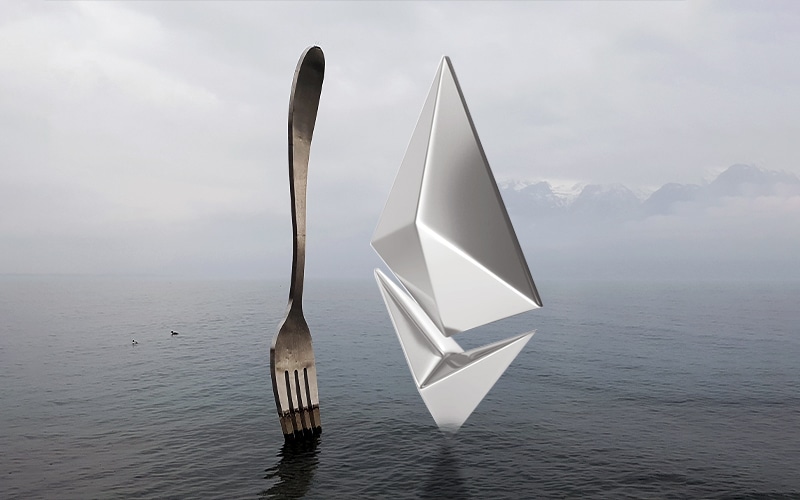Technical hiccups plagued the new fork blockchain by cryptocurrency miners attempting to retain the old proof-of-work network, in contrast to the seamless accomplishment of the Ethereum Merge.
Ethereum miners who wanted to continue mining established a well-known faction headed by Chandler Guo, in order to create ETHPoW and ETHW. Although their hard fork encountered some snags, it is currently trading at $5.27 at the time of writing.
But before ETHPoW, there was EthereumFair, formed by a group dedicated to keeping Ethereum’s proof-of-work architecture with ETF, originally ETHF.
Also Read: Grayscale Investments Declares Rights to 3.1M ETHPoW Tokens
But compared to EthereumPoW, EthereumFair has received a tiny fraction of the attention. A group of Chinese miners runs EthereumFair.
According to 2miners.com, Ethereum Classic, which was forked off of Ethereum in 2015, experienced a surge in hash rate as a result of the merger as miners switched to mining it as well.
The support for two probable branched coins following the Ethereum Merge, ETHW, and ETHS, as well as their placement on the platform, were announced by Justin Sun’s cryptocurrency exchange Poloniex last month.
Then, the day before the ETHW fork, Poloniex shocked many when it revealed that it will offer EthereumFair with its native coin ETF.
Analysts are skeptical about the viability of any proof-of-work fork, but many traders had money-making strategies in place for them before the Ethereum Merge.
Their plan was to borrow or purchase ETH in order to be chosen for the airdrop. After obtaining the tokens from ETHW or any other hard fork, they would sell them on the open market.
Any earnings were considered a perk for owning ETH because the tokens were given away for free. Owing in significant part to the fact that very few major investors ever took the breakaway project seriously, this generated tremendous selling pressure on ETHW.






